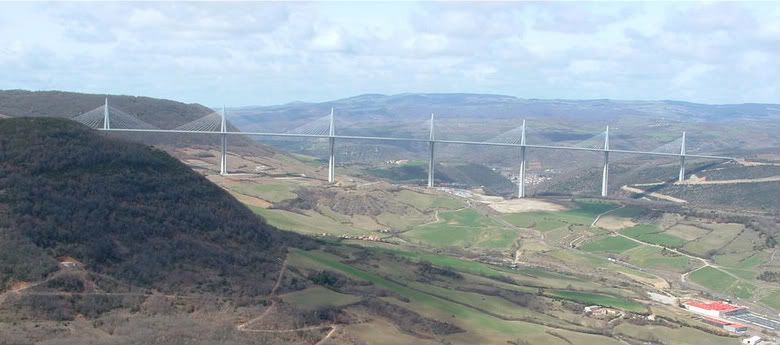Alan Fox

Posts: 1556
Joined: Aug. 2005
|
| Quote | We are very lucky to have fossils at all. After an animal dies many conditions have to be met if it is to become a fossil, and one or other of those conditions usually is not met. Personally, I would consider it an honor to be fossilized but I don't have much hope of it. If all the creatures which had ever lived had in fact been fossilized we would be wading knee deep in fossils. The world would be filled with fossils. Perhaps it is just as well that it hasn't happened that way.
Because it is particularly difficult for an animal without a hard skeleton to be fossilized, most of the fossils we find are of animals with hard skeletons - vertebrates with bones, mollusks with their shells, arthropods with their external skeleton. If the ancestors of these were all soft and then same offspring evolved a hard skeleton, the only fossilized animals would be those more recent varieties. Therefore, we expect fossils to appear suddenly in the geologic record and that's one reason groups of animals suddenly appear in the Cambrian Explosion.
There are rare instances in which the soft parts of animals are preserved as fossils. One case is the famous Burgess Shale which is one of the best beds from the Cambrian Era (between 500 million and 600 million years ago) mentioned in this quotation. What must have happened is that the ancestors of these creatures were evolving by the ordinary slow processes of evolution, but they were evolving before the Cambrian when fossilizing conditions were not very good and many of them did not have skeletons anyway. It is probably genuinely true that in the Cambrian there was a very rapid flowering of multicellular life and this may have been when a large number of the great animal phyla did evolve. If they did, their essential divergence during a period of about 10 million years is very fast. However, bearing in mind the Stebbins calculation and the Nilsson calculation, it is actually not all that fast. There is some recent evidence from molecular comparisons among modern animals which suggests that there may not have been a Cambrian explosion at all, anyway. Modern phyla may well have their most recent common ancestors way back in the Precambrian.
As I said, we're actually lucky to have fossils at all. In any case, it is misleading to think that fossils are the most important evidence for evolution. Even if there were not a single fossil anywhere in the earth, the evidence for evolution would still be utterly overwhelming.* We would be in the position of a detective who comes upon a crime after the fact. You can't see the crime being committed because it has already happened. But there is evidence lying all around. To pursue any case, most detectives and most courts of law are happy with 2-3 clues that point in the right direction. |
(*my emphasis)
Richard Dawkins
|


















